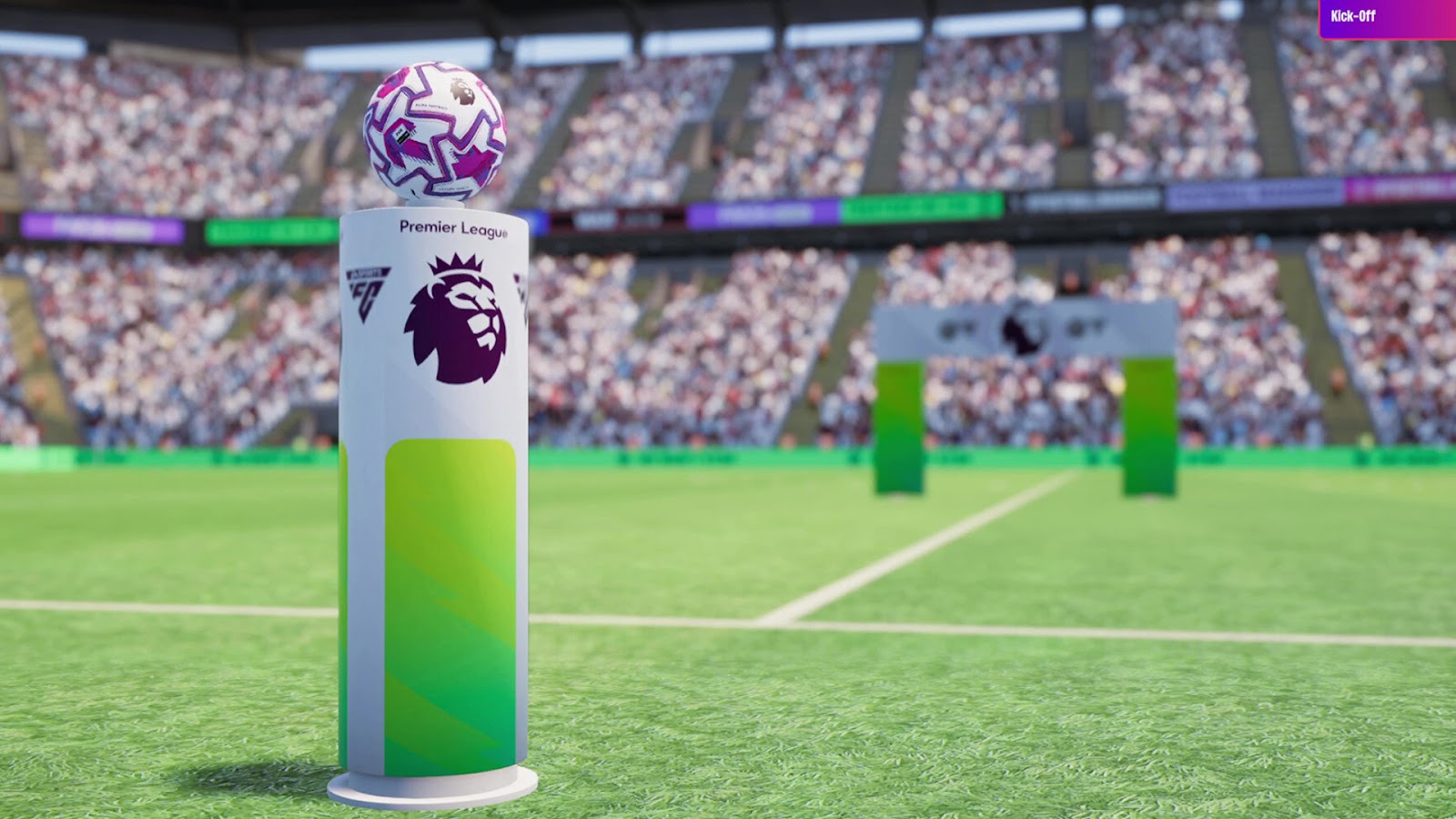You can trust VideoGamer. Our team of gaming experts spend hours testing and reviewing the latest games, to ensure you're reading the most comprehensive guide possible. Rest assured, all imagery and advice is unique and original. Check out how we test and review games here
Football management is the last vestige of the failed or wannabe footballer. Never good enough to actually play professionally, management is the last chance to be involved in the game. Thankfully you don’t actually need to get off the couch to become one, which saves you getting all muddy, bad tempered and red nosed. Since time began it seems as though the football management genre has been dominated by Sports Interactive, previously with its Championship Manager series, and more recently with Football Manager. Their games have become the holy grail of the armchair manager, with a depth unrivalled by all who challenge them. However, while SI has been cementing a fanatical following on the PC, Codemasters has been developing a less fanatical, but noteworthy following on consoles. This is now the sixth edition of the LMA Manager series and much like its more celebrated PC peer it has been a period of evolution rather than revolution. Each addition to the series has seen tweaks, additions and lashings of polish applied to further the managerial experience. So bearing all this in mind, what has LMA Manager become after all this time?
The staples of the yearly update are of course a given. All the statistics and transfers have been updated, some leagues have been added to an ever growing and ample selection, and everything has been given a good once over. Of all the major changes in the game the training system is perhaps the best, providing a nice balance between customisation and automation. You can leave it all to your assistants if you like, or do everything yourself so that it’s just how you want it. There’s also obvious progression over time, especially in tactical awareness, which improves as your team train using the match tactics. Newly included is the ability to view training matches using the 3D match engine, which provides an opportunity to test new tactics; it’s a neat addition, although one which you might not use all that often.
The transfer system has also been improved, with more payment options in turn providing more realism. Strong emphasis is also placed on scouting to discover the true attributes of potential signings, and only after several reports will you get a clear idea of the quality of a player and his ability to fit into your team. Indeed, one of the strongest features of the game is the way coaches and scouts keep you informed of developments. Unlike Football Manager where you can be inundated with potential ‘stars’, LMA takes a far more measured approach, providing you with the information you need without having to hunt for it yourself or wade through mountains of news items.
One of the less endearing features is the newly ‘overhauled’ TV style presentation via ‘Football One’. An idea which would not be wholly bad were it not for a rather fundamental problem – the flawed nature of the TV aspect itself. The intention is to provide you with tables, up-to-date results, transfers and anything else of worth, and allow you to watch breaking news stories and highlights – in a Sky Sports News-esque manner (nothing wrong with that). Much has been made of these ‘interactive’ features; however, the implementation feels rushed and incomplete. The news stories (with Gary Lineker) are bland, boring and pointless, and once you’ve seen a couple of them you won’t feel the need to watch them again. The highlights also suffer from blandness, this time through commentary from Barry Davies. Strangely, the highlights also lack any of the normal crowd reaction you get in the game; whenever a goal is shown there’s a cry of “It’s In!” (or something similar) from Barry, followed by complete indifference from the crowd. Perhaps they’re too busy munching on their prawn sandwiches, who knows? Match analysis provided by Lineker and Alan Hanson is also rather unremarkable, dominated by Hanson ranting about his Liverpool days (although that is somewhat realistic). Ultimately the poor implementation makes it feel gimmicky in the worse sense. The potential was there for the ‘Football One’ service to be a great addition to the game; unfortunately it didn’t turn out that way.
Still, the ‘Football One’ service isn’t nearly as important as the game engine, which should be the key factor in judging any managerial game. A good game engine can help you forgive all sorts of other failings – take Championship Manager’s awkward navigation for example. LMA delivers a 3D match engine, which, although not beautiful, is nonetheless smoothly animated and visually competent. Players can perform a number of moves such as back-heels, bicycle kicks and volleys, whilst also behaving like typical footballers – diving and gesticulating at every opportunity. These touches bring a nice sense of realism to proceedings, especially when joined by the occasional camera shot of your very own custom designed manager tut-tutting and fist-clenching his way through the game. Dugout commands also make a welcome return. The ability to shout out commands to alter the way your team is playing provides a nice ebb-and-flow to the game. Plan A not working out? Switch to Plan B without any fiddling in menus – it’s all very tidy.
Unfortunately these positives are let down by the depressing pace and lack of atmosphere. Even the quickest players seem to be running in treacle and although the crowd noises are pleasing enough they become rather repetitive and somewhat robotic. A big irritation is the high number of ‘through-on-goal’ fouls that are left improperly punished and it feels as though this is actually hiding a more obvious fault in the way defences deal with such problems. Curiously there is also a lack of any commentary despite the ‘T.V’ style presentation emphasised by ‘Football One’. Surely live commentary would be a logical step? Even in the oldest versions of Championship Manager, where there was nothing but text, excitement and tension was to be had. In LMA even the closest of games could be nothing more than a friendly game down the park.
Much of this is compounded by the scarcity of tactical options available. Although LMA gives the illusion of providing lots of choice, these are really limited to formation and team commands. Every player seems to be on rails, running within fixed columns on the pitch, and you’re very limited with regard to orders you can give players, resulting in a general lack of creativity and unpredictability to matches. This lack of movement is perhaps best illustrated at set-pieces, especially corners, where attackers and defenders seem static, waiting for the ball to land on their head. I couldn’t give two hoots about stadium development or advertising hoardings – I want to see mym> influence on my team played out on the pitch. Although there is enjoyment to be had, you’ll quickly exhaust your options and find yourself sticking to a fairly narrow set of tactics which you know will bring results.
Which brings me back to my original question – what has LMA Manager become? It’s essentially a good game, there’s no doubting that, but it’s let down by the fact that it fails to adequately provide the sensation of control and excitement. If you’re strictly console orientated, or find Football Manager far too time consuming, then LMA is a worthy choice, but whilst titles like Football Manager 2006 deal in peaks and troughs of emotion, LMA Manager 2006 prefers to frog-march you to your goal, whatever it may be.






